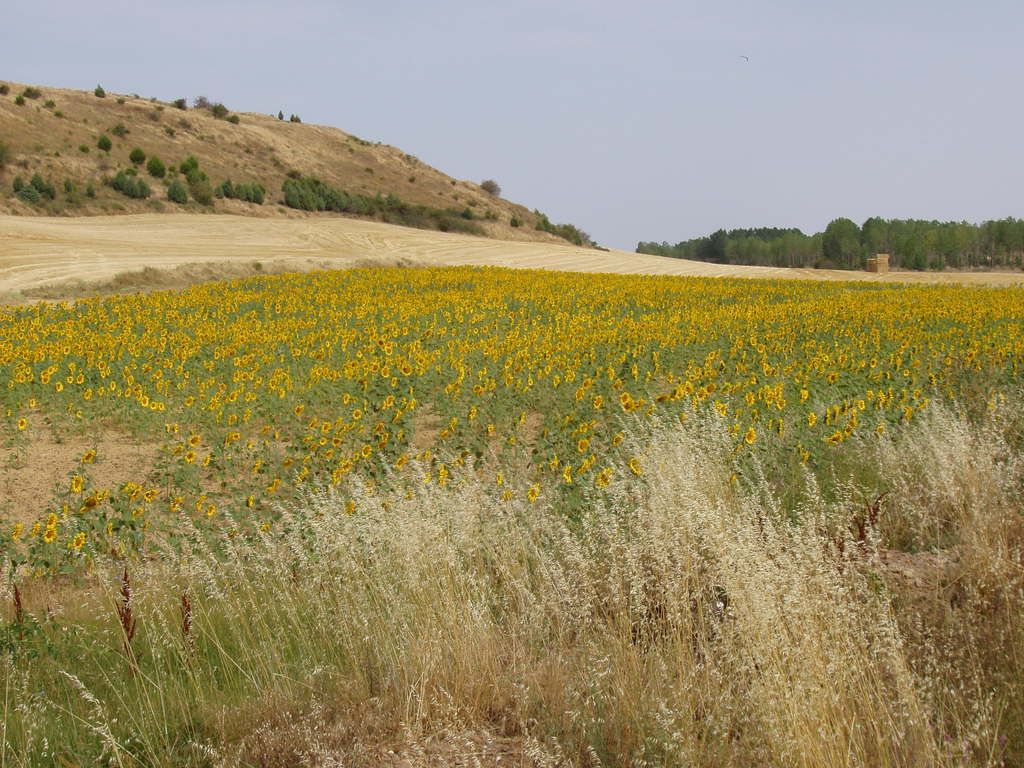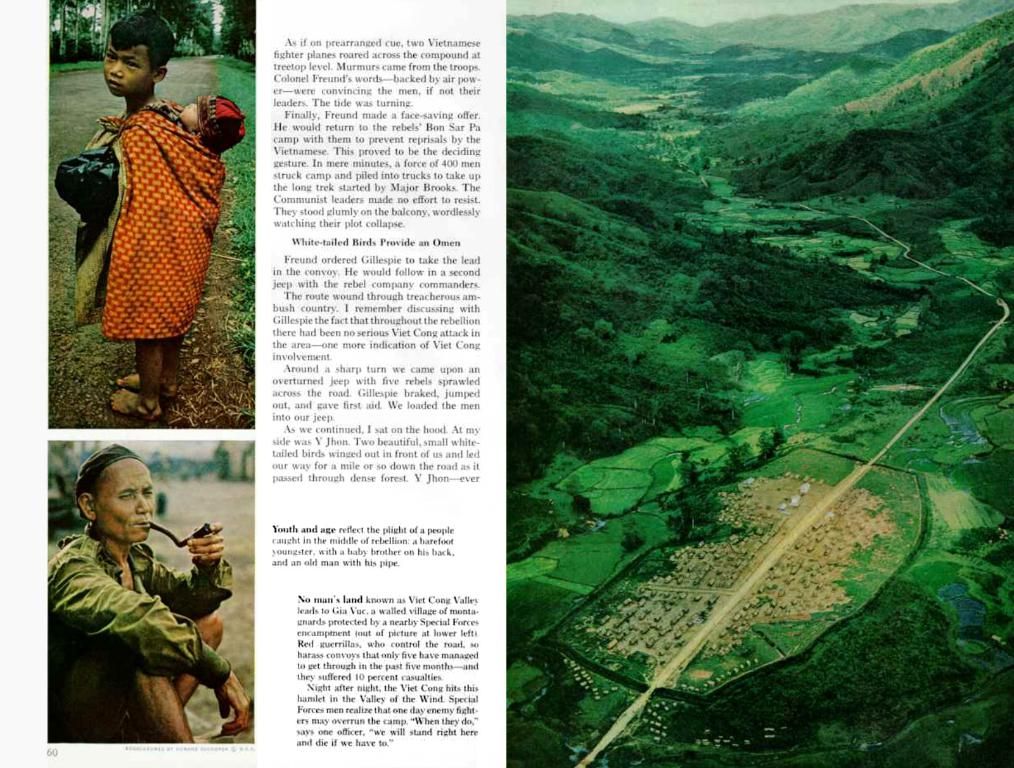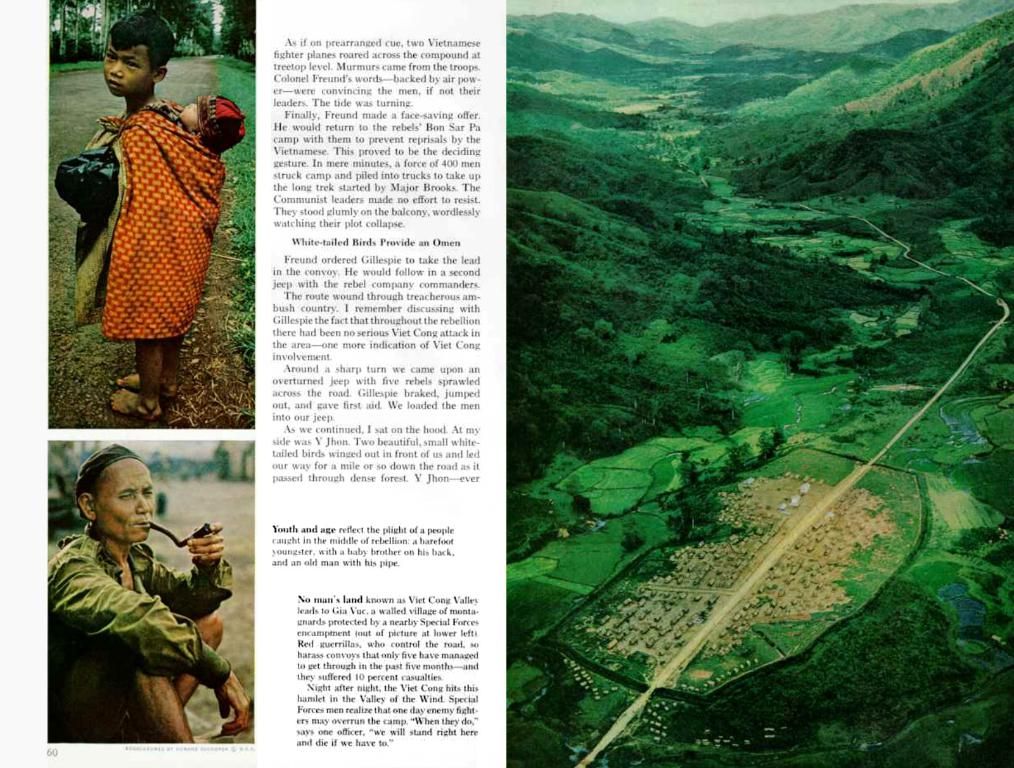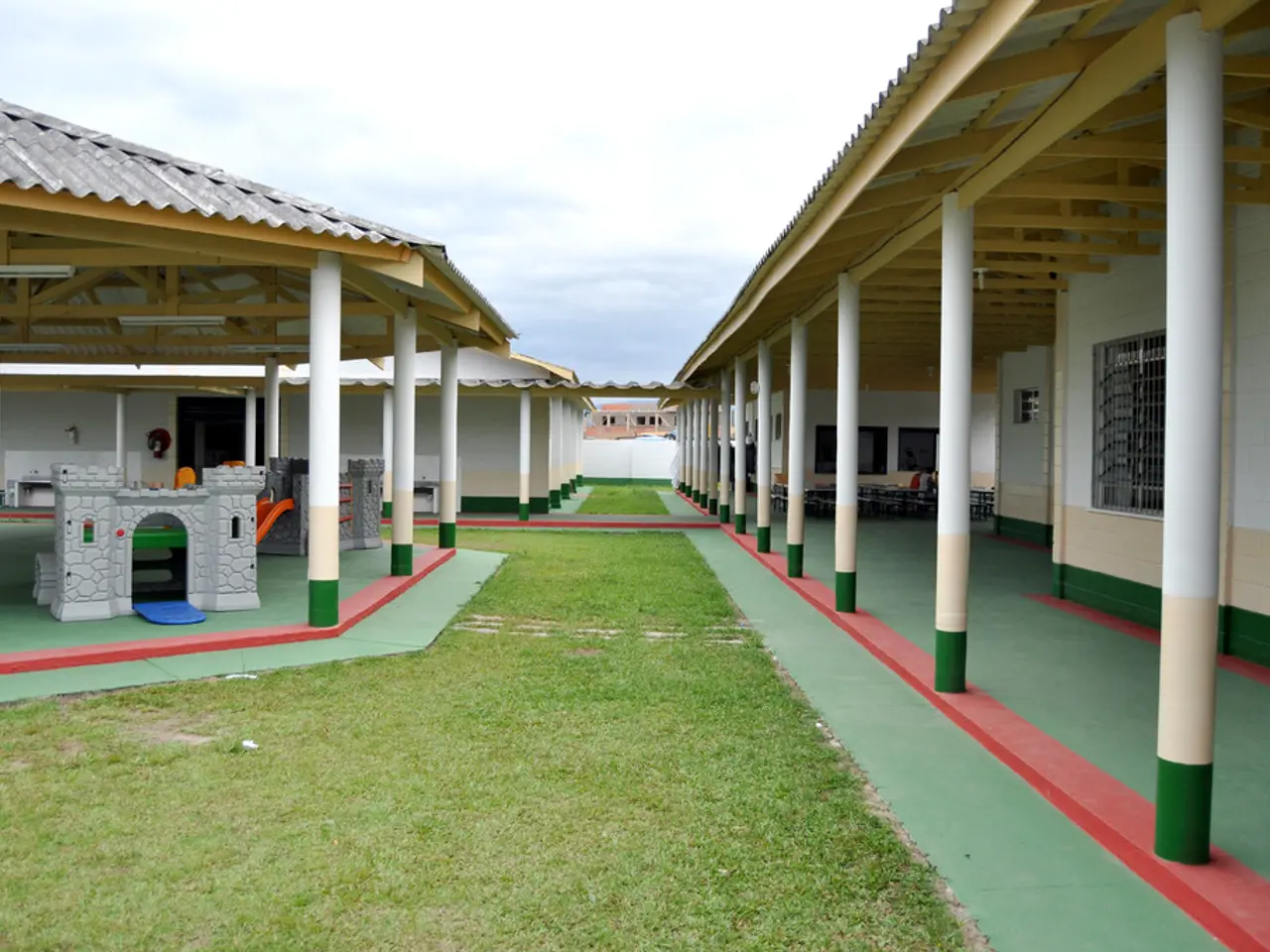ADB President Advocates for Joint Efforts to Overcome Intricate Challenges
Revamped Outlook for Asia and the Pacific: A Call to Action
The uncertainties lurking in Asia and the Pacific offer an opportunity to construct a resilient and sustainable future, according to Masato Kanda, President of the Asian Development Bank (ADB). Kanda shared these insights at the kickoff of ADB's 58th Annual Meeting of the Board of Governors.
External shocks, mounting debt burdens, and the relentless advance of climate change continue to pose significant challenges to the region's people and economies. Yet, a silver lining emerges as growth remains robust, trade and economic integration deepen, supply chains diversify, and digital connectivity and innovation accelerate. Uncertainty, rather than provoking retreat, calls for bolder action, faster moves, and unparalleled collaboration.
Over 5,000 participants gathered for the Annual Meeting in Milan, Italy, representing various sectors such as government (including Italian Prime Minister Giorgia Meloni), the private sector, civil society, and academia.
Italian Minister of Economy and Finance Giancarlo Giorgetti and Governor of the Bank of Italy and Chair of the ADB Board of Governors Fabio Panetta also addressed the conference, stressing Italy's commitment to ADB. "Cooperative effort will foster higher, long-term sustainable growth, warding off potential perils and minimizing their impact," said Giorgetti.
This year's annual meeting places emphasis on four key areas that will drive transformative change across Asia and the Pacific.
- Reinforcing Food Security: To strengthen the region's food systems, ADB plans to increase financing for food systems transformation to a staggering $40 billion by 2030.
- Empowering Digital Technologies: ADB is investing in digital technologies to expand access to education, finance, and markets.
- Energizing Connectivity: ADB is working on modernizing and integrating energy systems, with a readiness to allocate up to $10 billion to support the development of the ASEAN Power Grid.
- Boosting Resilience: ADB aims to bolster resilience by improving infrastructure, restoring and safeguarding ecosystems, and assisting vulnerable communities in adapting to the effects of climate change.
ADB also reaffirms its dedication to invigorating private sector development, targeting an increase in private sector financing to a colossal $13 billion annually by 2030.
Insight: ADB intends to significantly boost its financial commitment for long-term food and nutrition security, aiming to reach $40 billion between 2022 and 2030. This novel plan comprises $18.5 billion in direct support for governments and $7.5 billion in private sector investments. Private sector investments are expected to represent over 27% of the total funding allocation by 2030, highlighting their essential role in propelling food systems transformation. The program will cover the entire food production process, from farming and processing to distribution and consumption, with a focus on enhancing agricultural value chains, improving soil health, safeguarding biodiversity, promoting the adoption of digital technology, and reducing environmental impacts. The program also includes a $150 million blended finance vehicle, the Natural Capital Fund, to support projects dealing with sustainable natural capital management in developing member countries. Additionally, the initiative addresses the threats posed by climate change, droughts, floods, and extreme heat on agricultural production and food security. (Source: Enrichment Data)
- Economic uncertainties in Asia and the Pacific present an opportunity for growth, as Masato Kanda suggests, encouraging the construction of a resilient and sustainable future.
- The Asian Development Bank (ADB) has pledged to significantly increase its financing for food systems transformation, aiming to reach $40 billion by 2030.
- ADB is also investing in digital technologies, aiming to expand access to education, finance, and markets.
- To modernize and integrate energy systems, ADB is working on dedicating up to $10 billion to support the development of the ASEAN Power Grid.
- To bolster resilience, ADB intends to improve infrastructure, restore and safeguard ecosystems, and assist vulnerable communities in adapting to climate change.
- In the face of mounting debt burdens and climate change challenges, Giorgia Meloni, Italian Prime Minister, emphasized the need for bolder action, faster moves, and unparalleled collaboration.
- ADB reaffirms its commitment to invigorating private sector development, aiming to increase private sector financing to $13 billion annually by 2030.
- The ADB's food security program covers the entire food production process, focusing on enhancing agricultural value chains, improving soil health, safeguarding biodiversity, promoting digital technology adoption, and reducing environmental impacts, all while addressing threats from climate change.







